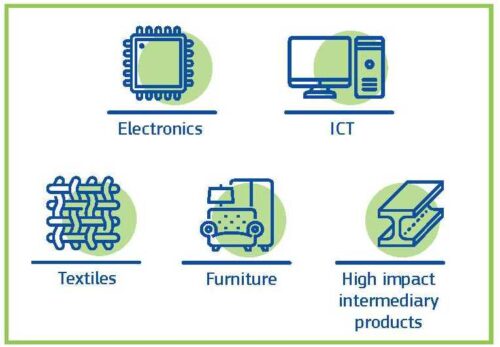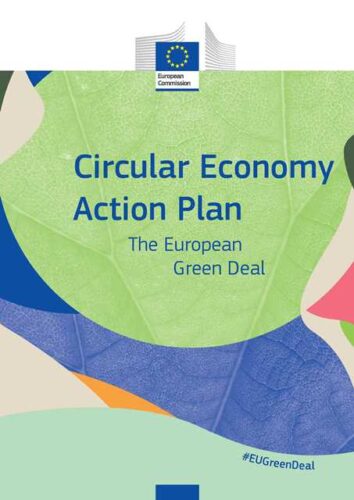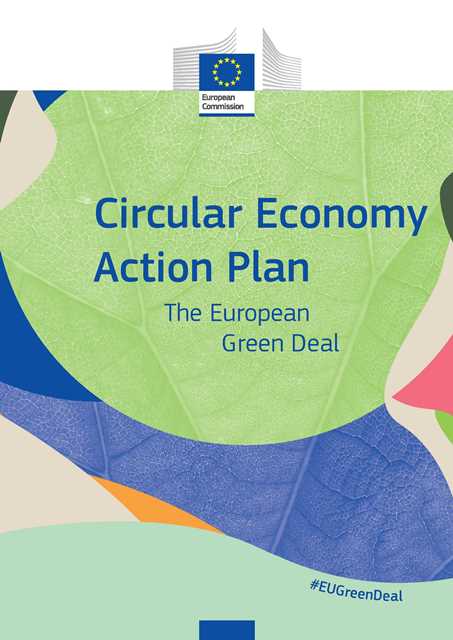To successfully deliver on its European Green Deal ambition, the EU needs to drive a global transition to a carbon-neutral, resource-efficient and circular economy, where resource use is decoupled from economic growth.
Building on the work done on circular economy since 2015, the adopted plan focuses on resource intensive sectors where the potential for circularity is high. Aiming to keep resources in economic cycles as long as possible, the plan addresses key product value chains: electronics and ICT, batteries and vehicles, packaging, plastics, textiles and food.

Acknowledging the worldwide nature of value chains and resource flows, the new EU Circular Economy Action Plan has an important global dimension. It spells out EU ambition to lead efforts internationally through measures such as building a stronger partnership with Africa to maximise the benefits of the green transition and the circular economy, promoting the circular economy in the context of development and international cooperation programmes, and stepping up outreach activities, including through the European Green Deal diplomacy and the Circular Economy missions. The Action Plan will also reinforce policy coherence for development, notably by restricting exports of waste that have harmful environmental and health impacts in third countries.
Annexed to the CEAP communication, the Commission staff working document ‘Leading the way to a global circular economy: state of play and outlook’ sets out what the EU does and will do to accelerate the global transition to the circular economy, and shows how a global transition is fundamental to achieve the European Green Deal objectives while also creating opportunities for third countries outside the EU.
In a world of global trade, the prospects of a global circular economy transition come as both an imperative and an opportunity. Environmental impacts do not know boundaries and in a finite planet resources have to be used efficiently. At the same time, the global transition offers opportunities to boost the EU’s competitiveness, foster sustainable economic growth and generate new jobs. It also opens up new trade prospects, as the EU is a leading exporter and importer of goods and services and is deeply embedded in global value chains.

For more information also refer to the links below.
- Communication: A new Circular Economy Action Plan for a Cleaner and More Competitive Europe – publication –
- CEAP press release
- CEAP questions and answers
- Communication: A new Circular Economy Action Plan for a Cleaner and More Competitive Europe – annex
- Implementation tracking table
- Staff working document ‘Leading the way to a global circular economy: state of play and outlook’

